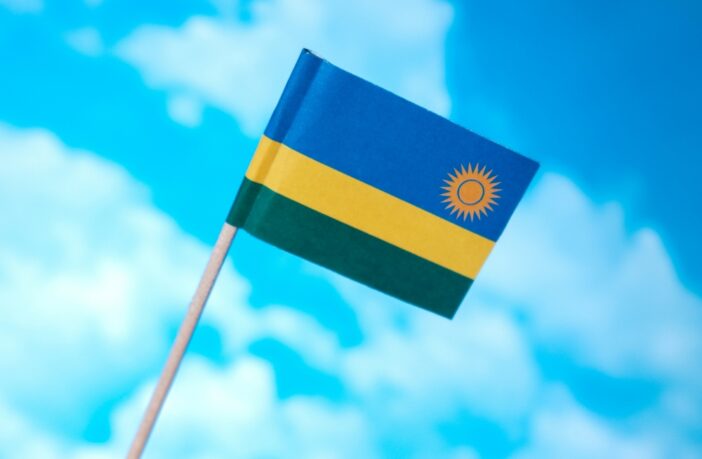With the recent 30th anniversary of the 1994 genocide in Rwanda, an Open University academic wants to drive home a reminder that genocide is planned and the media plays a vital role in helping stop it.
Dr Georgina Holmes is a Lecturer in Politics and International Relations and specialises in research on how the UK, Rwanda and France address global defence and security.
She is quick to point out that her research does not extend to the political violence in Gaza and Israel but concedes that it’s important to remember genocide can happen anywhere. This includes in communities living in built-up urban areas as well as in rural areas such as in Rwanda.
“It takes years to dehumanise and ostracise a target group, and to create divisions between different communities,” she says.
Dr Holmes states that during the genocide in Rwanda from April to July 1994, the international media was accused of missing the story and failing to raise the alarm.
Biggest issues in identifying genocide
This involved accusations of the media labelling political violence as anarchic tribal war, rather than a planned and systematically executed genocide.
“One of the biggest issues is the problem of trying to identify genocide, particularly as it often only becomes obvious as the scale of the crimes against humanity increases.
“This means ‘waiting around’ to see what happens next, which defeats the object of the exercise of trying to report genocide in order to stop it.”
Dr Holmes says her research showed that during the genocide and civil war in Rwanda, many British journalists defied editors’ orders to only report in refugee camps on the borders of Tanzania, Uganda and Burundi. Instead, they hitched lifts with aid workers into Rwanda.
Vital role of the media
“Journalists and the media generally play a vital role in challenging misinformation and disinformation and in gathering evidence,” she says, “whether by recording killings, or by interviewing perpetrators to capture instances where they demonstrate a deliberate intent to plan or perpetrate genocide.”
She says the media should also challenge stereotypes about conflict to strengthen the evidence they gather, to shock the public and make politicians act.
She continued: “British journalists I interviewed spoke of their awareness that something more than tribal conflict was taking place in Rwanda in 1994.
“They filmed starving children and adults imprisoned behind barbed wire to conjure up the image of the Bosnian genocide – an image familiar to British audiences at the time.”
“Genocides can be enacted quickly…”
She says in 1994, western politicians could ignore the genocide in Rwanda because the perpetrators didn’t use the same methods as Nazi Germany’s industrial gassing of Jewish people and other ostracised groups.
She warns: “Genocides can be enacted quickly, as the 1994 genocide against the Tutsi shows – where the speed of killing was four times faster than the Nazi Holocaust, and where more children were killed than in any previous modern genocide.”
- Dr Georgina Holmes has written a book called Women and War in Rwanda: Gender, Media and the Representation of Genocide, published by I.B Tauris
Picture: Chris Boland for Unsplash



